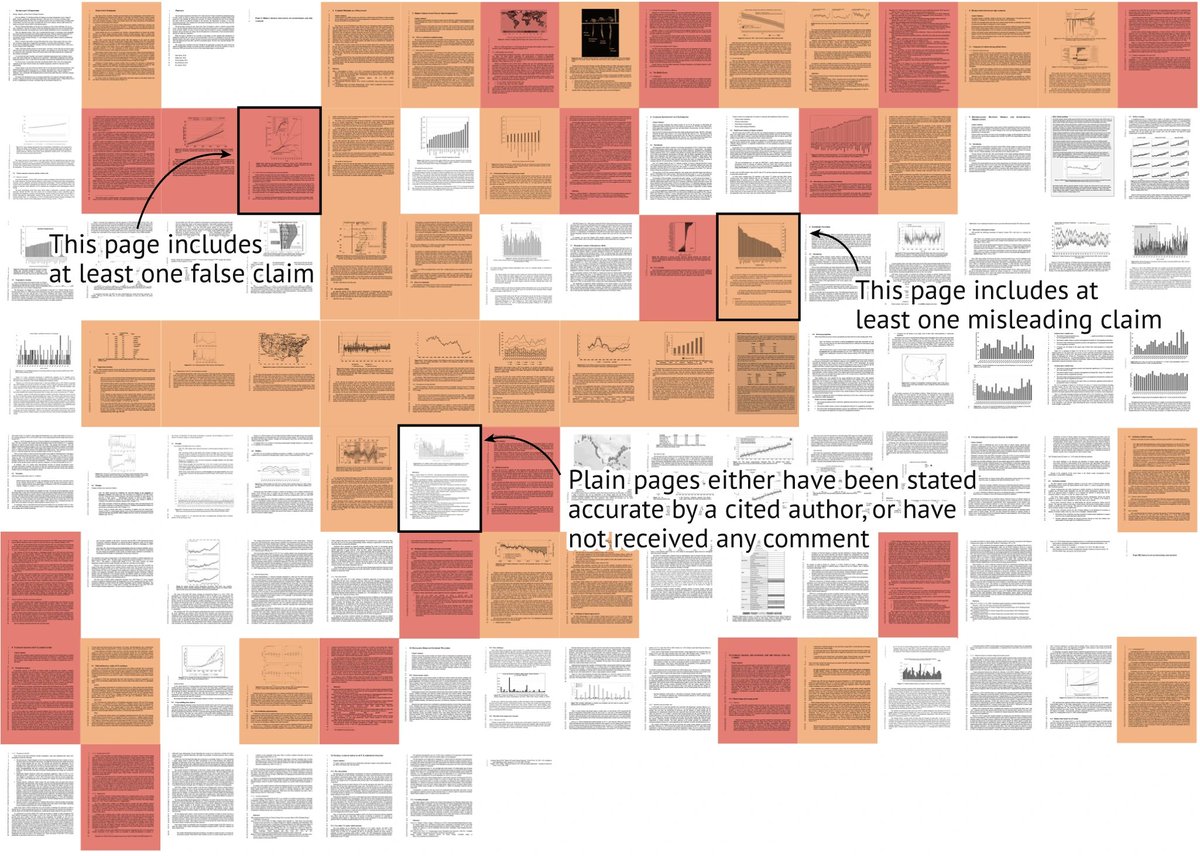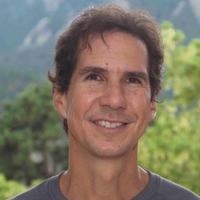
John Fasullo
@jfasullo
Climate scientist at NCAR; exploring climate variability and change using obs, models, & various techniques
ID: 121160920
http://www.cgd.ucar.edu/staff/fasullo/index.html 08-03-2010 16:25:29
613 Tweet
959 Takipçi
251 Takip Edilen





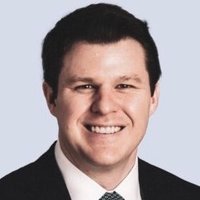

"It’s about as valid as saying that arsenic is not a dangerous substance to consume," said Prof Michael E. Mann. abcnews.go.com/Politics/wireS… #UnitedStates
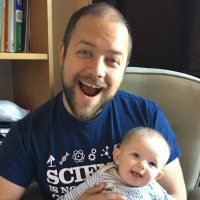
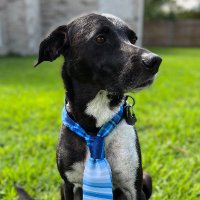





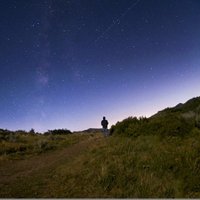



Captain Mark Kelly Does it really take 8 weeks to ask, "Do you accept Donald Trump as your lord and savior?"







